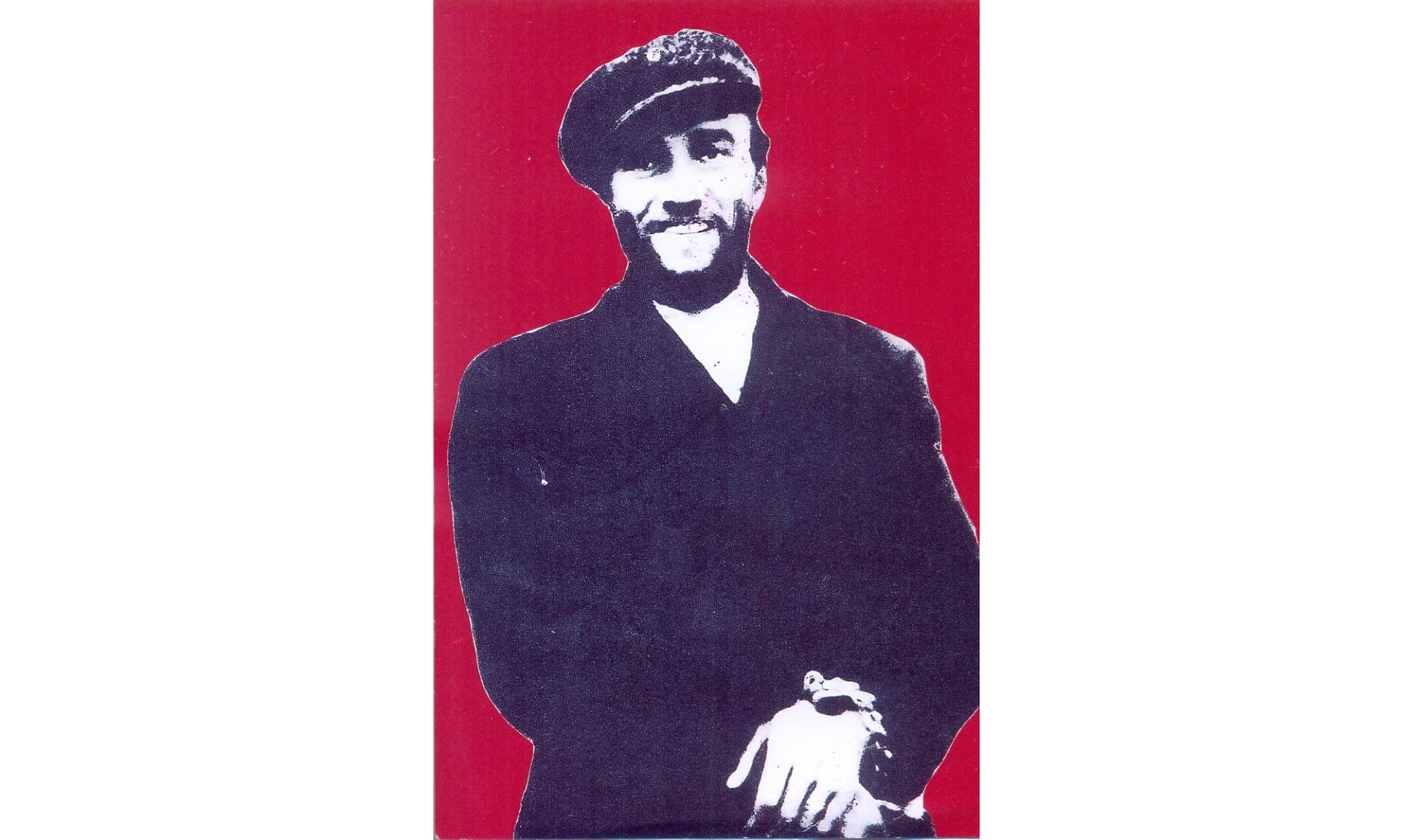The memory of Ljubo Čupić, the national hero
Written by: Dragan Mitov Đurović
“Sija zvijezda, sija svaka, al’ najljepše petokraka”, (“A star shines, every one shines, but the five-pointed star most beautifully”), is an old partisan song.

Like the five-pointed star of five war and decade of post-war years, so the smile of Čedomir-Ljubo Čupić, partisan fighter and commissar, who was shot by the Italian occupiers and Chetniks, traitors of his country and his people, still shines in peace.
Under the red flag of freedom, as a student of the Faculty of Law of Belgrade University, he stood in his homeland on the first day of the uprising, at the head of the partisan column. He fought and commanded bravely and was captured in a confrontation with the enemy at Kablena Glavica.
During the trial, remained recorded in history, he behaved elegantly. He said in a steady voice, “I am the commander of a partisan company and a communist. You nationalists are ordinary servants of the occupiers. I despise you as nothingness. Tell my parents not to ask for mercy for me.”
To the accusation that he had killed two Italian soldiers, he replied: “That is not true, I killed many more.”
At the shooting, Tomo Kovačević remembered, there were five Chetniks in the firing line, which Ljubo looked at with contempt and the message “The days of freedom will come”, with a smile for eternity, which was captured by the Italian officer Karlo Ravnič, who was amazed by his courage.
When, a few years later, Josip Broz Tito saw the photo from the shooting, he ordered that Ljubo Čupić be declared a national hero.
Jean-Paul Sartre, Jawaharlal Nehru and Indira Gandhi took pictures next to Ljubo Čupić’s picture at the war photography exhibition.
And now, as a reminder of how to love and defend one’s country, a monument to Ljubo Čupić, who, according to the record of the distinguished Montenegrin writer Momir Marković, is the son of Savo Tomeljin from Katuska nahija, always stands in flowers in the square in Nikšić.
In the family notebook, which a niece Čedomira often reminded me of (she got her name in memory of her uncle), among other things it is written that Ljubo’s sister Darinka, who was called Crna (eng. Black) because of her lush hair and courage, was shot at Banjica, and that the other sister Marta was in the army of Krsto Popović, that brother Momčilo was a commissar in partisan units in Serbia, that the youngest, that Vukan Čupić, was a world-renowned doctor after whom the clinic for children’s diseases in Belgrade is named, where brother Ratko also lived after the war.
Brother Martin thought differently about the path to freedom, which is confirmed by the memory of photojournalist Nikola Čupić, who carefully preserves the family history.
Two decades before the photo of the revolutionary Che Guevara, the icon of the youth, the world got to know the eternal smile of Ljubo Čupić, the Montenegrin partisan commander.
A smile that lives, because it conquered death, won freedom, the smile of the courage of the entire Montenegrin people, “who never allowed themselves to be bound in chains”, a smile of eternal defiance and pride.